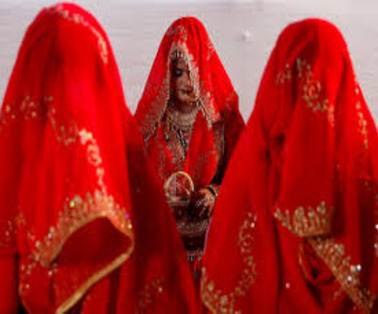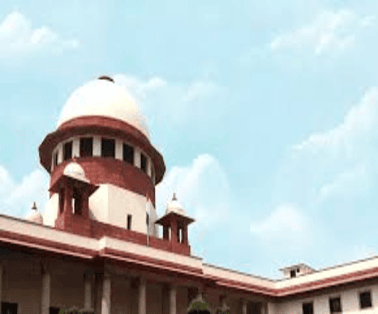Uttarakhand government has passed Uniform Civil Code bill and bans polygamy. Let us understand what is Polygamy in India
Key Points On Polygamy in India
- According to the census of 2011, there are 28.65 crore married men in India, compared to 29.3 crore married women.
- The highest discrepancy in the population of married men and women can be found among Hindus (who make up the largest number of Indians), followed by Muslims, Sikhs, Christians, Sikhs, and Buddhists.
- However, when compared to their respective shares in the total population, Muslims and Christians report the greatest difference
- The NFHS-5 showed the prevalence of polygamy (the percentage of women who reported their husbands had other wives) was highest among Christians (2.1%), followed by Muslims (1.9%), and Hindus (1.3%), looking at religion. Overall, Scheduled Tribes reported the highest incidence at 2.4%.
- International Institute of Population Sciences (IIPS) analysed data from the NFHS-3, NFHS-4 and NFHS-5 in 2022.
- It showed that polygynous marriages (1 man married to more than 1 woman at a time) have decreased from NFHS-3 to NFHS-5, among the whole population.
- The sharpest dip is among Buddhists.
What Is Polygamy in India
- Polygamy is the practice of having more than one married spouse — wife or husband. The issue is governed both by personal laws and the Indian Penal Code (IPC).
- Polygamy comes from two words: “poly,” which means “many,” and “gamos,” which means “marriage.” As a result, polygamy relates to marriages that are several.
- Polygamy can be of three types:
- Polygyny, where a man has multiple wives.
- Polyandry, where a woman has multiple husbands.
- Bigamy, When one is already married additionally, the marriage continues to be valid, then married with someone else is known as bigamy plus the person committing this will be called bigamist
Polygamy in India: IPC Section 494
- Traditionally, polygamy — mainly the situation of a man having more than one wife — was practised widely in India.
- The Hindu Marriage Act, 1955 outlawed the practice.
- IPC Section 494 (“Marrying again during lifetime of husband or wife”) penalises bigamy or polygamy.
- This provision does not apply to a marriage which has been declared void by a court — for example, a child marriage that has been declared void.
- The law also does not apply if a spouse has been “continually absent” for the “space of seven years”.
- This means a spouse who has deserted the marriage or when his or her whereabouts are not known for seven years, will not bind the other spouse from remarrying.
Polygamy in India: Various Religious Laws Pertaining to Marriage in India
Polygamy In India: Under Hindu law

Polygamy In India: Goa
- A crucial exception to the bigamy law for Hindus is Goa, which follows its own code for personal laws.
- A Hindu man in the state has the right to bigamy under specific circumstances mentioned in the Codes of Usages and Customs of Gentile Hindus of Goa.
- These specific circumstances include a case where the wife fails to conceive by the age of 25 or if she fails to deliver a male child by the age of 30.
Polygamy In India: Under Muslim law
- Marriage in Islam is governed by the Shariat Act, 1937. Personal law allows a Muslim man to have four wives.
- To benefit from the Muslim personal law, many men from other religions would convert to Islam to have a second wife.
- In a landmark ruling in 1995, the Supreme Court in Sarla Mudgal v Union of India held that religious conversion for the sole purpose of committing bigamy is unconstitutional.
- This position was subsequently reiterated in the 2000 judgment in Lily Thomas v Union of India.
- Any move to outlaw polygamy for Muslims would have to be a special legislation which overrides personal law protections like in the case of triple talaq.
Polygamy In India: Parsi
- The Parsi Marriage and Divorce Act, 1936, had already outlawed bigamy.
- Any Parsi, who has been married during his or her life, is subject to the penalties provided for by the India Penal Code for an offence to return to marriage during the lifetime of a Parsi or not, without being legally divorced by a wife or husband or having his or her previous marriage declared invalid or dissolved
To Download Monthly Current Affairs PDF Click here
Get Inspiration from CLAT 2025 Topper
Click here to get a free demo
Everything About CLAT 2025



